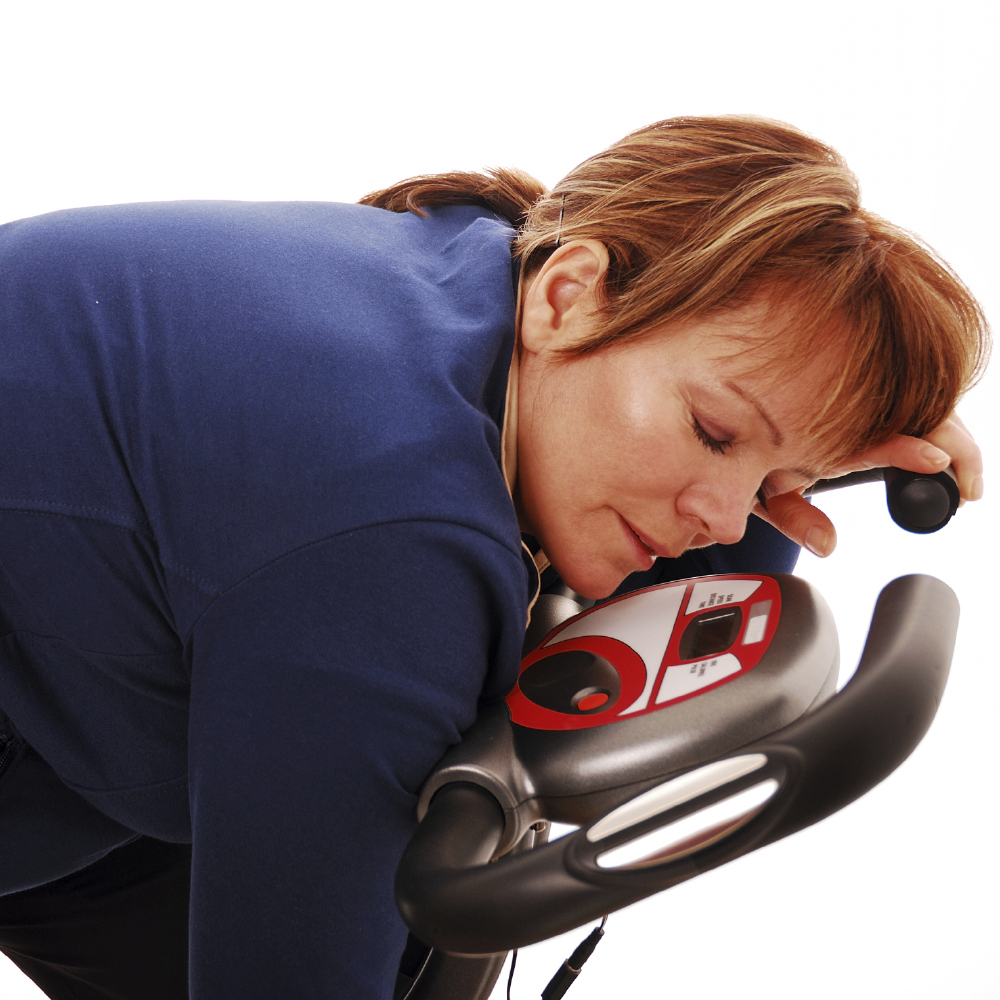
A good night's rest will aid your workout
The importance of good sleep on your training or exercise regime is as important as having the right diet and the right equipment but is often chronically overlooked.
Getting a good night’s sleep whilst training for either a sporting event such as a marathon or a triathlon, or when simply completing your daily exercise regime, is often hugely underestimated. However, ensuring the optimum amount of sleep each night can enhance your sporting performance dramatically.
Extensive research has been carried out on the exact impact sleep has on performance, with the conclusion being that extra sleep gained over several weeks of training greatly improves performance on four separate measures: speed, accuracy, mood and alertness.
Here Tim Pinchin, sleep expert at mattress brand Octaspring, advises on just how much sleep should be had in order to perform to your best ability and gives some tips on how to get a good night’s sleep if you are struggling to nod off:
How much sleep is needed in training?
Athletes in training need more sleep than they normally would, in the same way they need more calories when exercising. You’re burning more, so you need to replace more. You need more sleep because stress and exertion is being applied to the body and it is during sleep hours that the body recovers and repairs any damage that may have occurred, keeping the body in the fittest state it can possibly be.
You should try to get an extra hour’s sleep a night when you are in training, as just this small amount of time can have a marked impact on performance. This can be obtained preferably by going to bed an hour earlier and can also be achieved by having an afternoon nap, if possible.
How does sleep deprivation affect your performance?
Reduced Energy Levels
If you are being very active during the day but aren’t getting enough sleep, you will find that you’ll suffer from reduced energy levels, and this will only continue to build up if you don’t take time to allow your body to rest and recover. This is because the body’s ability to store glycogen (glucose from food that is stored in animals to be converted to energy when need be) goes hand in hand with the amount of sleep being obtained. If you are not getting enough sleep, there will be too little glycogen stored within your body to be converted to energy when you need it most. The less energy one has the less stamina and speed one will have too.
Sharpness of Decision-making
Sleep also serves as a key element in cognitive restoration, the process by which your brain recovers from mental fatigue. The brain can only concentrate for a certain period of time without until it needs recharged, so this is essential because if you are not getting enough sleep, your split-second decisions will be less accurate, which can have a great impact on performance, especially in contact or coordination sports.
Repairing the body
Lastly, it is during sleep that levels of the important growth hormone, somatropin, are increased and it is this hormone that is responsible for repair. Sleep deprivation, on the other hand, causes levels of the stress hormone, cortisol, to increase. Thus, when not getting enough sleep, the levels of the growth hormone in the body are lowered and the level of stress hormone is increased, meaning repair and healing will take that much longer and the risk of injuries will be greatly increased.
Nike Matanza, a professional triathlon coach, states: “Quality sleep is one of the most important parts of our training. We train hard, we eat well and we need to recover as well. Bed is where recovery happens. Uncomfortable bed equals sleepless nights and achy body in the morning. Slow recovery or not sufficient recovery potentially means injuries, fatigue and burn out”.
What can be done to improve quality of sleep?
As important as it is to rack up the amount of hours of sleep, quality of sleep is of equal, if not greater, importance since slow-wave (deep, or REM) sleep is the most restorative type of sleep. This type of sleep is only reached through pure comfort, the right body temperature and a lack of distractions.
We always advise making sure the room is dark and cool when getting into bed and would advise against drinking caffeine after 5pm, even if you think you are unaffected by it.
We also advise reading or listening to mellow music in bed before going to sleep in order to take everyday worries off your mind, along with relieving the bladder so that there are no natural physical strains during your sleeping.
It is also worth investing in good quality bedding that respects the posture of your spine, lets your body breathe, keeps you at the right temperature, and is free from pressure points that may interrupt your sleep.
Tagged in Sleep Sleeping Tips fitness tips Workout

